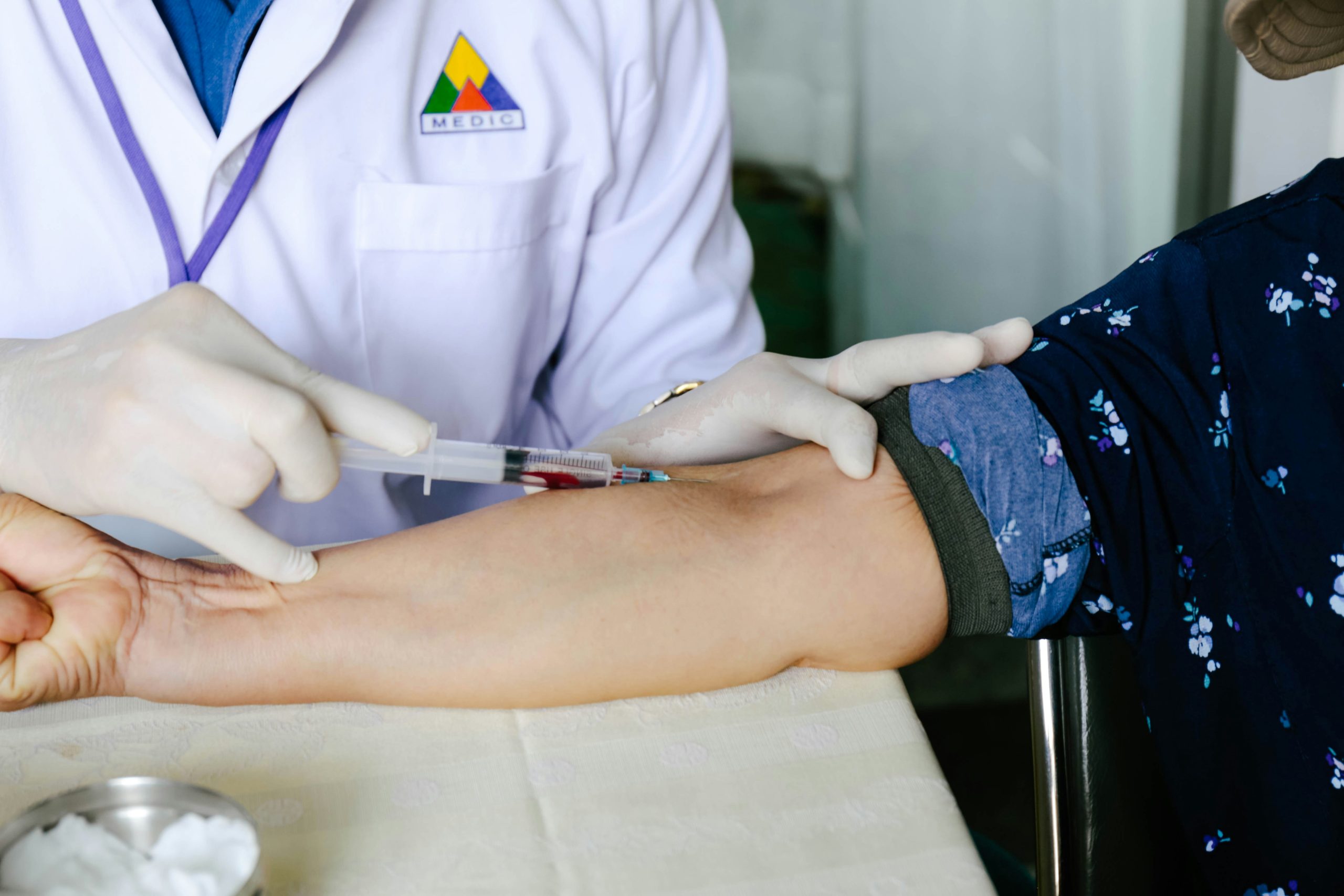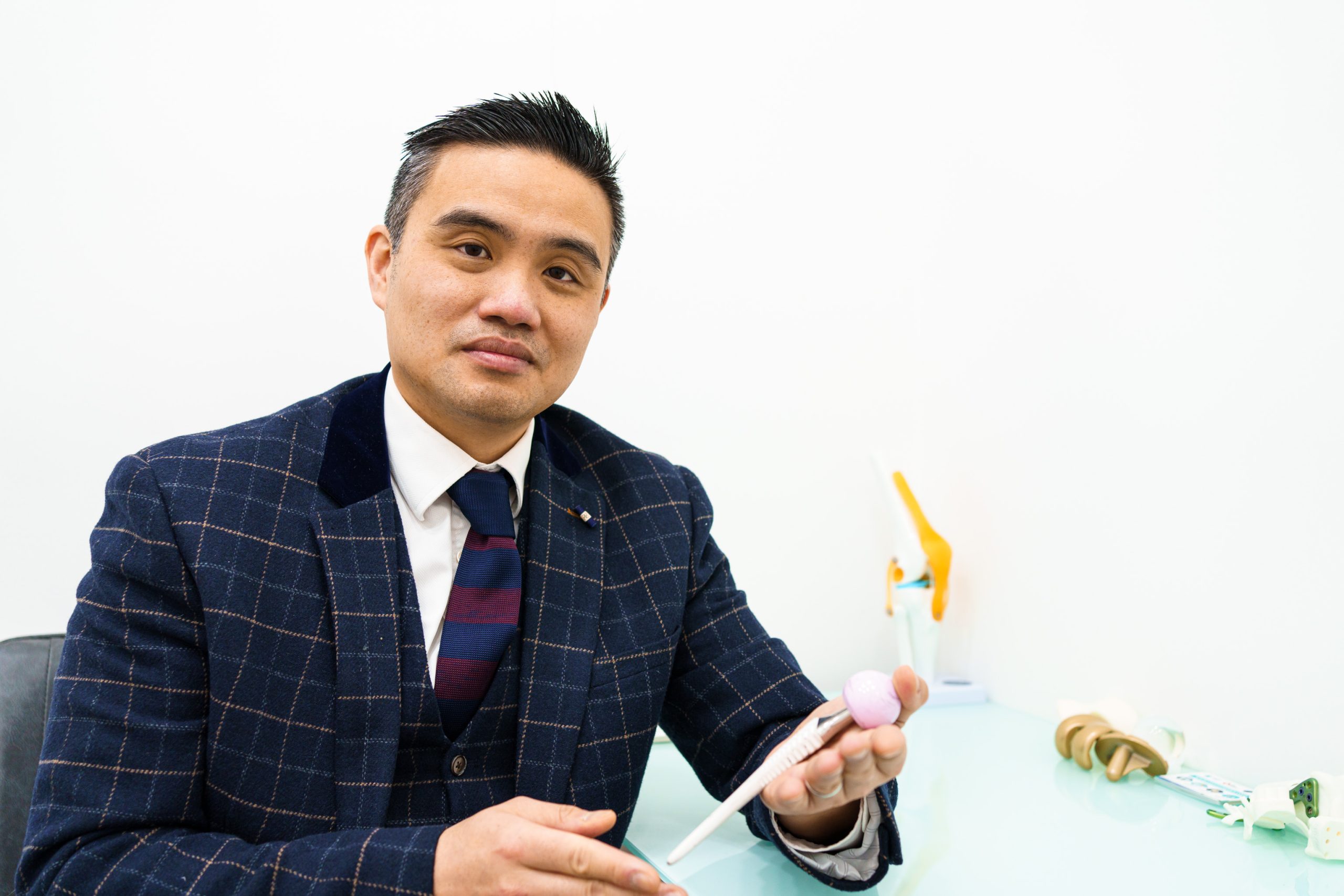

How to identify common signs of cartilage damage


Effective Ways to Restore Knee Cartilage Without Surgery




As we get older, it is naturally more likely that we will need various treatments to stay active and pain-free. At the same time, complex surgeries might carry significant risk. One solution that can appeal to both sides is PRP treatments. You can read our other article ‘5 PRP facts you should know’ for more information on the injection itself. However, in this post we’ll be looking at whether or not this treatment is suitable for older patients.
Platelet Rich Plasma (PRP) plasma treatment can have many potential health benefits, some of which make it especially attractive to older patients. This is because one of the common uses of PRP injections is to treat osteoarthritis, which is a condition that frequently affects older people. The treatment encourages the regeneration of cartilage at important movement sites such as the knee joint. What’s more, it achieves this without the need for an invasive procedure which would carry a greater risk of infection.
A PRP injection can also be an effective treatment option for aiding recovery from muscle, tendon, ligament, and cartilage injuries. Athletes often seek PRP treatment in response to common injuries such as a partial meniscus tear. However, it can also help treat osteoarthritis and other ongoing conditions through cartilage regeneration and improved cartilage integrity.
Administering PRP treatments is typically a simple three-part process.
While PRP injections are considered to be incredibly low risk due to the use of patient-origin matter, recent studies have found that its effectiveness might diminish over time. Notably, 2023 research findings conclude that platelets taken from young people’s blood samples (aged 18-35) resulted in a more pronounced regenerative effect than platelets from older patients (aged 65 and over). However, the paper also concluded that there could be several other factors contributing to this lack of efficacy which could be related to age, such as osteoarthritis. As the injection is formulated from the patient’s own, any blood-related conditions will impact the effectiveness of PRP treatment. Limited blood supply to the joint due to injury is a common factor in preventing healing, even in the presence of growth factors, in patients of all ages.
Nevertheless, PRP treatments still exhibit an extremely low risk of infection and rejection in patients, as it is created from their cells. Furthermore, the procedure has a short recovery period which is ideal for both young and old patients. As a result, beyond the financial investment, these injections still have a favourable benefit to risk ratio. Whether or not a particular treatment is appropriate for you will depend on your medical history, genetics, lifestyle, and occupation, as well as age. Therefore, it’s always best to speak to a qualified clinician.
If you have any questions about the possible side effects and risks associated with treatments like PRP, the best way to get the answers you need is through our one-to-one consultations. The team at London Cartilage Clinic possess medical knowledge from around the world, extending to the most recently developed techniques. We believe the PRP treatment cost is well worth it to benefit from long-term mobility that’s free from pain and discomfort, all without having to resort to orthopaedic implants. Contact us today if you have any other questions about injections for cartilage regeneration.

